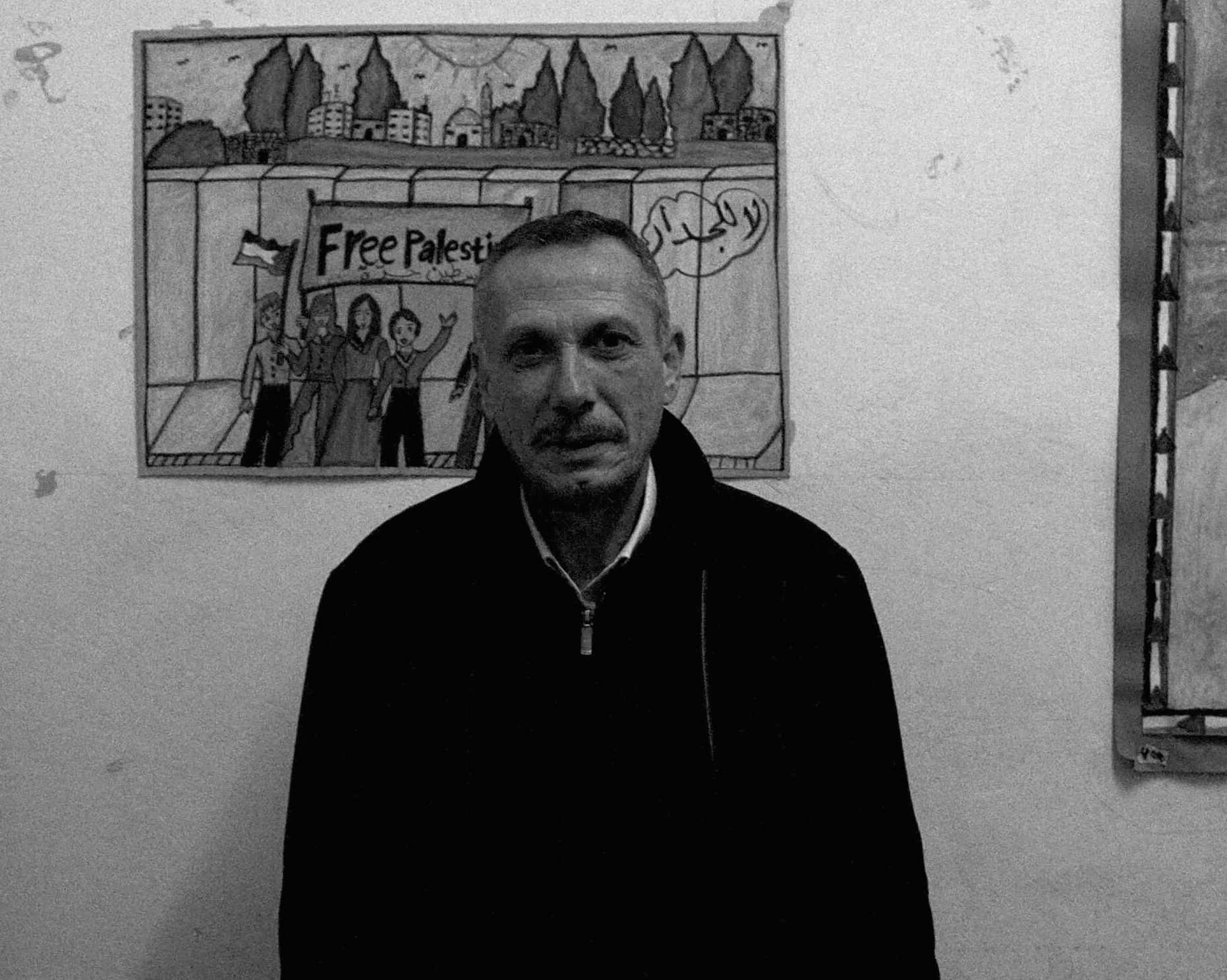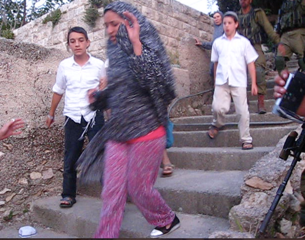Tag: Tel Rumeida
-
Another violent attack on Palestinian family
23rd May 2015 | International Solidarity Movement, Al Khalil Team | Al Khalil, Occupied Palestine On the 23rd May, settlers in Al Khalil (Hebron) blocked the entrance to Hashem Younes Azzeh’s house and attacked his family. Large rocks were thrown at them and his daughter was hit in the hand. Hashem lives with his wife and four children in…
-
Palestinian woman and her children attacked by settlers
9th May 2015 | International Solidarity Movement, Al Khalil Team | Al Khalil, Occupied Palestine Yesterday evening in Al Khalil (Hebron), a Palestinian woman and her two small children were attacked by settlers from the illegal settlement as they were on their way to the shops. Marwat Abu Remele lives in Tel Rumeida, an area in Al Khalil under Israeli…
-
Israeli forces raid yet another family’s home in Tel Rumeida
11th March 2015 | International Solidarity Movement, Khalil Team | Hebron, Occupied Palestine Yesterday on the 10th of March around 1 AM in occupied Al-Khalil (Hebron), Israeli occupation forces raided the home of human rights activist Imad Abu Shamsiya and his family. The soldiers turned the house upside-down; the family watched as soldiers broke one of their cameras and stole…



